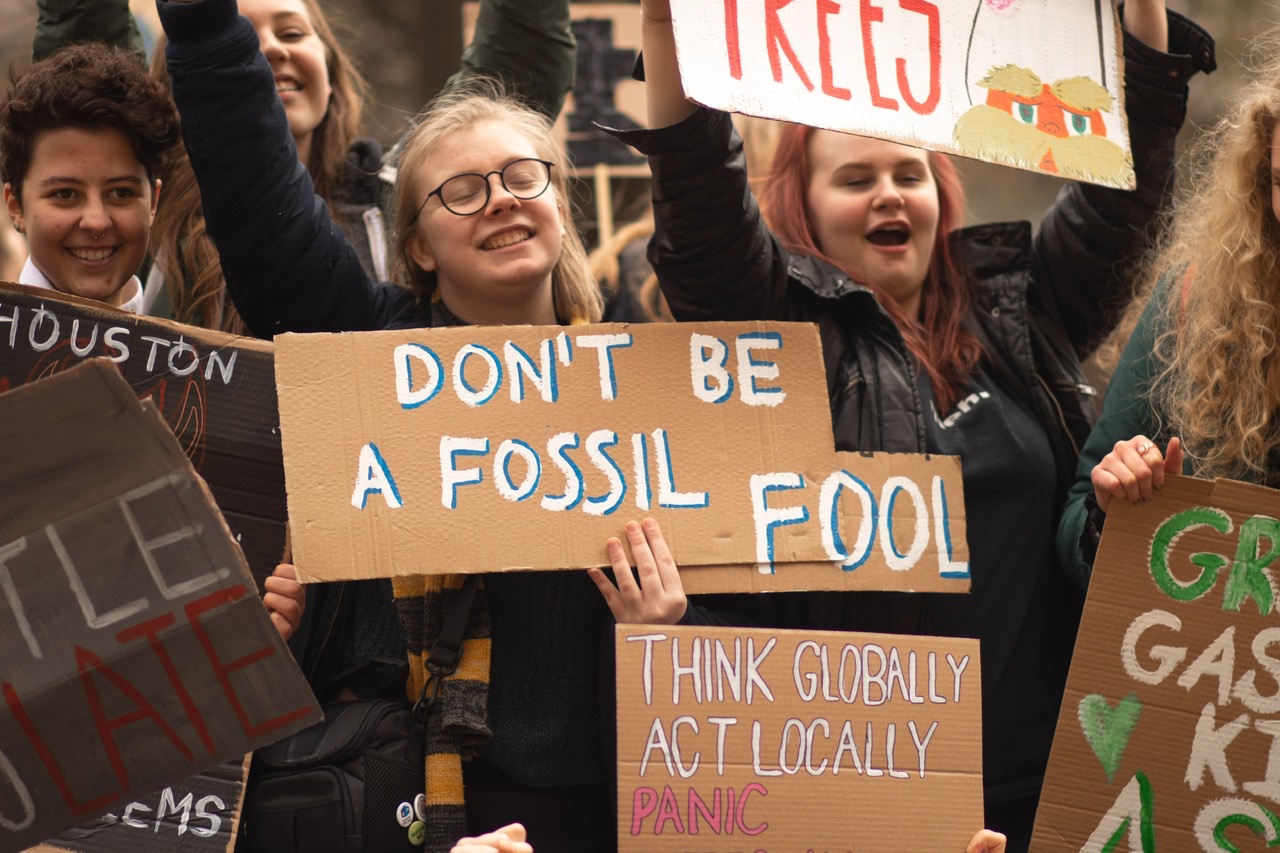Morrison's faulty logic in opposing a net zero carbon emissions target.
November 15, 2020
Contrary to Scott Morrisons contention, we can usefully set a target date to achieve net zero carbon emissions without exact knowledge of the cost and how the target will be delivered.

The science is well and truly in: the consequences of further global warming are horrific.
This conclusion is now accepted by every other advanced economy, and they have all set deadlines for achieving net zero carbon emissions so as to limit the damage from climate change as much as is judged to be realistically possible.
Yet, unlike all the other advanced market economies, Morrison still refuses to set a 2050 deadline for the achievement of net zero carbon emissions by Australia. According to Morrison: Until such time as we can be very clear with the Australian people about what the cost of that is and how that plan can deliver on that commitment, it would be deceptive on the Australian people and not honest with them to make such a commitment.
At first sight, this logic might seem to provide a sound basis for policy making. After all we do not buy something in a shop without knowing the price. And as far as possible public policy making should equally be based on a full assessment of the costs and benefits.
But the decision-making underpinning public policy is often not like buying an existing product from a shop for which the cost is known with complete certainty in advance. Instead, the purpose of a new public policy is frequently to achieve a new outcome, which is different, and for which there cannot be an existing cost that is known in advance with any certainty.
But what is worse is that the Coalition Government has a track record of committing to public expenditures without knowing the cost whenever it suits the Governments political agenda. Thus, the Grattan Institute has found that Of 32 [infrastructure] projects larger than $500 million committed to since 2016, only eight had a business case either published, or assessed by a relevant infrastructure body at the time of commitment.
In addition, cost over-runs are endemic in infrastructure planning in Australia. Of the infrastructure projects valued at $20 million or more and built over the last twenty years, the Grattan Institute has found that the actual costs exceeded the promised costs by 21 per cent. But the projects announced before any assessment are particularly risky. Thus, the Grattan Institute found that although only one third of the projects are announced prematurely, they account for more than three quarters of the cost overruns.
But the poor assessment and planning of infrastructure investment pales into insignificance by comparison with decisions relating to the defence of Australia. Among all decisions, the most important, most costly, and most risky decision that a government can ever make is a decision to go to war.
But when were the decisions by various Coalition Governments to go to war in Vietnam, Iraq and Afghanistan informed by an assessment of the likely costs or accompanied by a fully laid-out plan to win the war? We may have understood that the purpose of each of these engagements was to enhance the defence of Australia by (hopefully) securing the American alliance, but where was the plausible strategy for winning?
Instead, none of these wars have proceeded as we expected. The costs in both lives and treasure have always been greater than the public were led to believe at the outset, and the outcomes much less than promised.
This of course is not to argue that we should never go to war. Rather the point is that some very important policy decisions are inevitably uncertain and have to be made on a balance of probabilities. And this uncertainty typically increases with the importance and significance of the decision.
So why is Morrison demanding information on costs and plans before he will authorise action on climate change, when the same sort of information has not been available for many other decisions that Coalition Governments have taken?
Furthermore, in the case of climate change we do know with enormous confidence that the benefits of acting to limit climate change will massively outweigh the costs of delaying. And we also know that the longer we delay, the more the costs of climate change will rise, as will the cost of trying to limit the amount of the change.
We should therefore start by focussing on the cheapest ways of limiting carbon emissions which means switching to renewable sources of electricity as quickly as possible. These renewable sources are already more than competitive with coal and gas, and can provide new economic opportunities for Australia, as Ross Garnaut has shown in his book, Superpower: Australias low carbon opportunity.
In short, we can confidently commit to a target for net zero carbon emissions by 2050, knowing that it will not damage the economy, but can provide an advantage. The switch will involve some economic pain for displaced labour, and steps should be taken to assist those people to find alternative employment. But instead of refusing to commit to a target to limit carbon emissions and delaying action to achieve that target, a prudent approach to policy making would recognise that we must act now.
Anyone with any real experience of policy making would know that nothing could be more phoney than Morrisons excuses for not taking the necessary action on climate change. The real reason why Morrison will not take face up to his responsibilities is because he is unwilling to face down the recalcitrants on his backbench who got rid of his predecessor.
